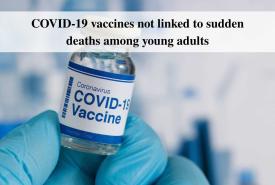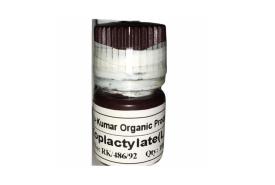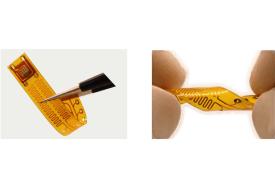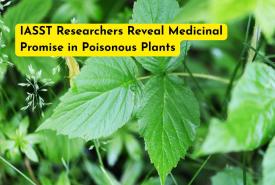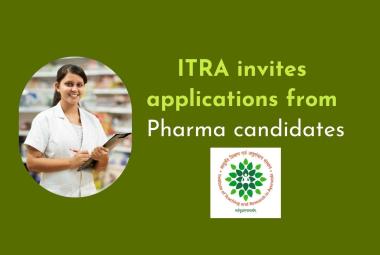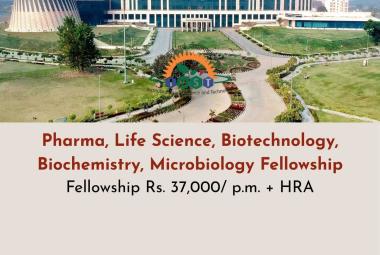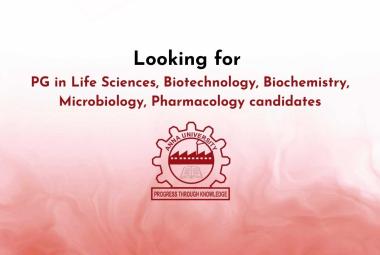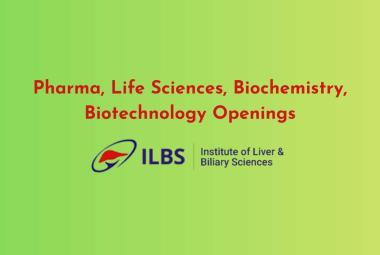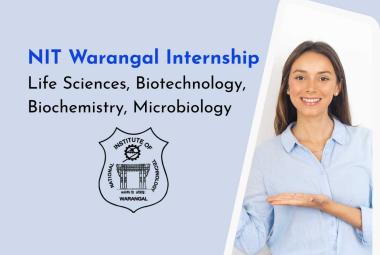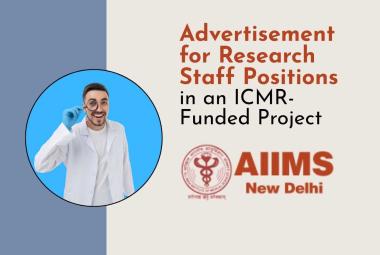India’s Global Capability Centres : The New Powerhouses of Pharma and Life Sciences
Over the past two decades, Global Capability Centres (GCCs) in India have quietly transformed from back-office support units into central hubs of innovation and scientific expertise for some of the world’s biggest pharmaceutical and life sciences companies. Today, they are not only reducing costs for their parent organizations but also playing a decisive role in how new medicines are discovered, developed, tested, and delivered to patients worldwide.


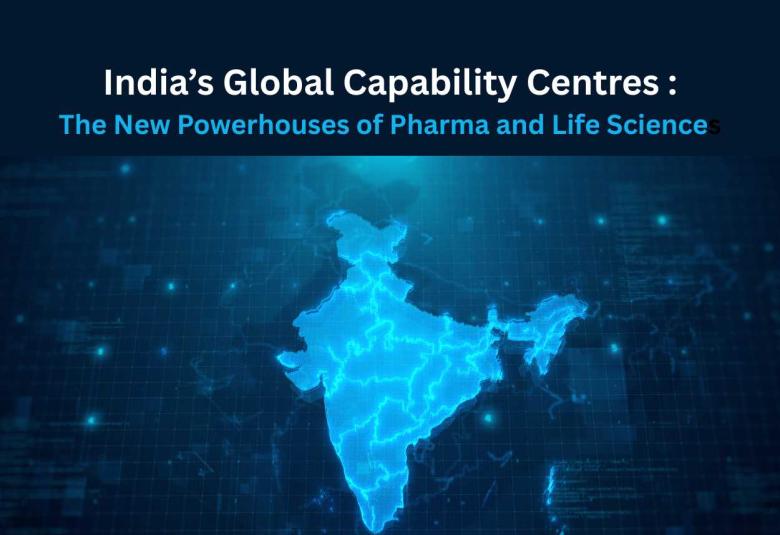

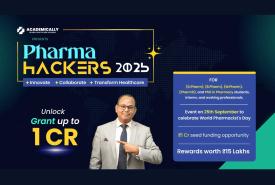
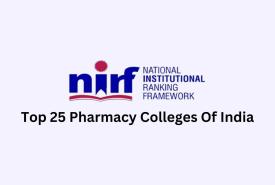
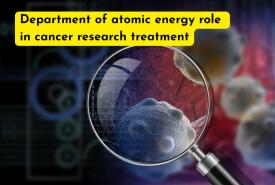

 Vinay Kumar Singh.
Vinay Kumar Singh. 